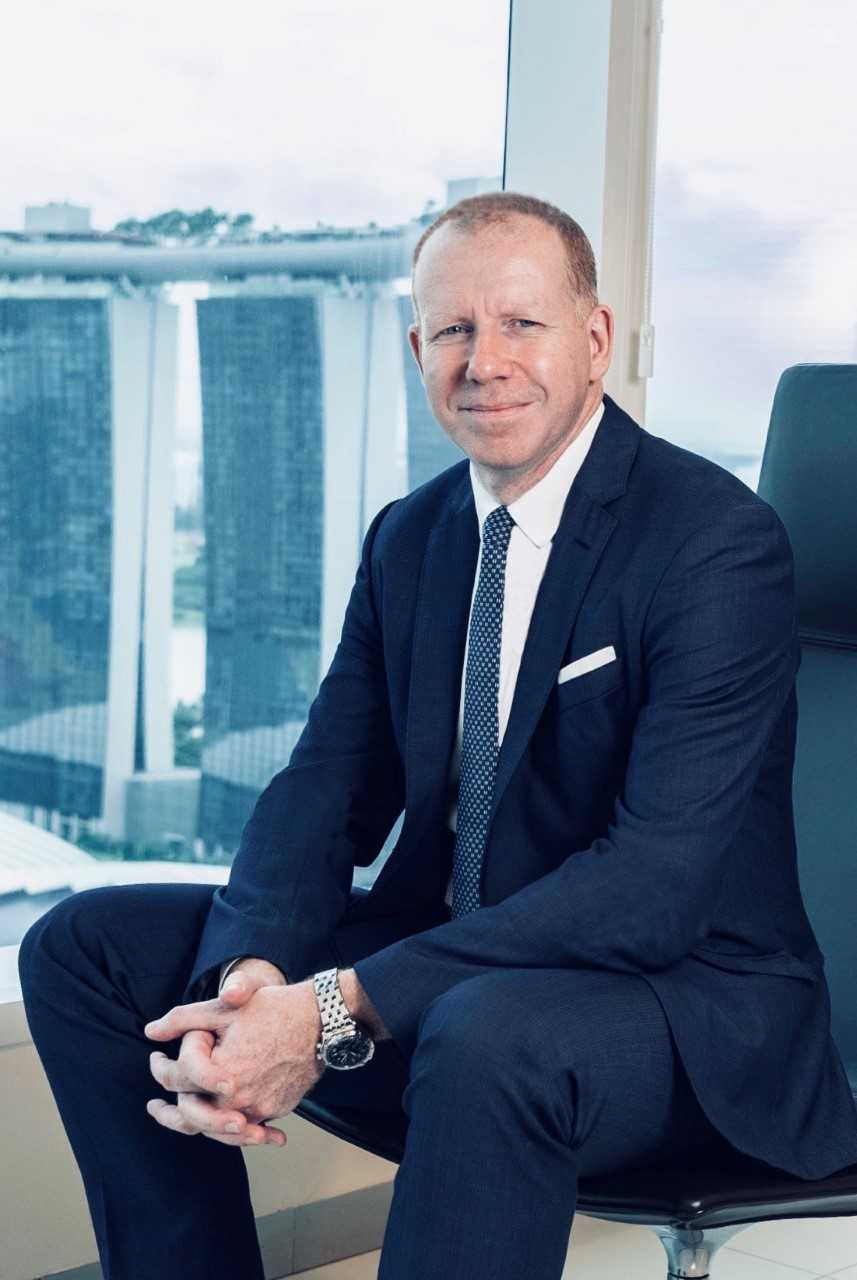 |
Standard Chartered Bank’s Global Chief Investment Officer Steve Brice (Standard Chartered Bank) |
By Steve Brice
August started off poorly for investors. Peak to trough, global equities fell 9.2 percent, with the losses accelerating in the first three days of August when they lost 6.4 percent. While equity markets have recouped almost all the early-August losses, the earlier sell-off is naturally leading to a lot of questions about how investors should respond to such weakness. Are such sell-offs short-term buying opportunities or are they signs of more sinister things to come? The mistake many investors make is to spend too much time on the second question in trying to answer the first.
We know the emotional pain of losing money is much more powerful than the emotional benefit of making money. We also know our brains are wired for us to give greater weight to negative news or information. This is, in part, because good things happen over a long period of time, whereas bad things tend to be sudden and unexpected.
If somebody said on Aug. 5, the recent market low, that this was a great buying opportunity, they would have been drowned out by the doomsayers, especially with internet algorithms geared toward amplifying information that gets more clicks. Therefore, a knee-jerk "flight" response to equity market weakness is normal and understandable.
Can you beat the markets?
How you react to these feelings is important for your chances of long-term financial success. Broadly, you have two options.
First, you could spend your time trying to figure out what will happen next in the global economy and financial markets. However, this is time-consuming and difficult. Professionals, who study this for a living, rarely agree on the outlook. And when they do, they are often wrong. Therefore, you have to ask yourself: What is your potential advantage over these professionals?
Is it that you have access to more or better information? If you are the CEO of a huge multinational conglomerate with fantastic real-time information systems, you might be able to make this case. Otherwise, it is unlikely. For most of us, we have access to too much information and, as we have discussed, this is often biased.
Do you have superior analytical skills? This is the area with the most potential for self-deception. If I were to reframe this question and ask about the likelihood that a particular amateur investor has superior analytical skills to the professional investment community, a huge majority would say this is highly unlikely. But most of us think we are an outlier and better than average. This bias is especially prevalent in people with successful careers and businesses.
Managing emotions key
But all is not lost. There is something you can do for a better chance of getting ahead of the vast majority of investors: Focus more on yourself rather than worry about the outlook for markets. If you can manage your emotions, try not to be too greedy when markets are rallying strongly and avoid becoming too fearful when there is a sea of red, chances are, you will outperform most of your peers.
So how do you achieve this? For me, the key is to have an investment plan. A retirement portfolio, for instance, will set out the levels of spending required to maintain the lifestyle you want in retirement. You will need to think about what pot of money is likely needed to fund this, what savings you can realistically commit to and how you are going to invest your money. This is usually an iterative process and a professional can help guide you through it.
There are two benefits of this. First, it distances you from the emotional roller-coaster you experience when constantly following financial markets by anchoring you to a well-thought-out plan. Looking at the value of your portfolio less often and focusing on the overall performance rather than individual line items can also help, assuming the portfolio is well diversified.
Second, after an initial investment of effort in figuring out what your investment plan looks like, the time required to maintain it is much lower than trying to constantly figure out the economic and financial market outlook. This gives you more time to focus on your career, business, family or hobbies. Of course, circumstances and desires change. Meanwhile, as you gain more experience and comfort with investing, you may find that you can take more risks in your portfolio than you imagined when you first set out on this journey. However, these are likely to be gradual calibrations rather than tearing the plan up and starting again.
The investment plan
From this perspective, assuming 1) you have an investment plan, 2) it is appropriate for both your financial and emotional needs and 3) you are broadly following it, then you should resist the temptation to overreact to short-term market fluctuations. Staying the course and refining the plan, maybe by accelerating investments into weakness in a diversified portfolio, is the way to outperform your friends.
Of course, as you get older (eg. in your 80s) and/or get closer to your financial targets, gradually reducing the risk in your portfolios might make sense. Doing this when markets are strong, rather than immediately after a sell-off, always feels better. The good news is global equities are around 50 percent higher since the low in the fourth quarter of 2022.
Steve Brice is global chief investment Officer at Standard Chartered Bank’s Wealth Solutions unit. The views expressed in this article are his own. -- Ed.